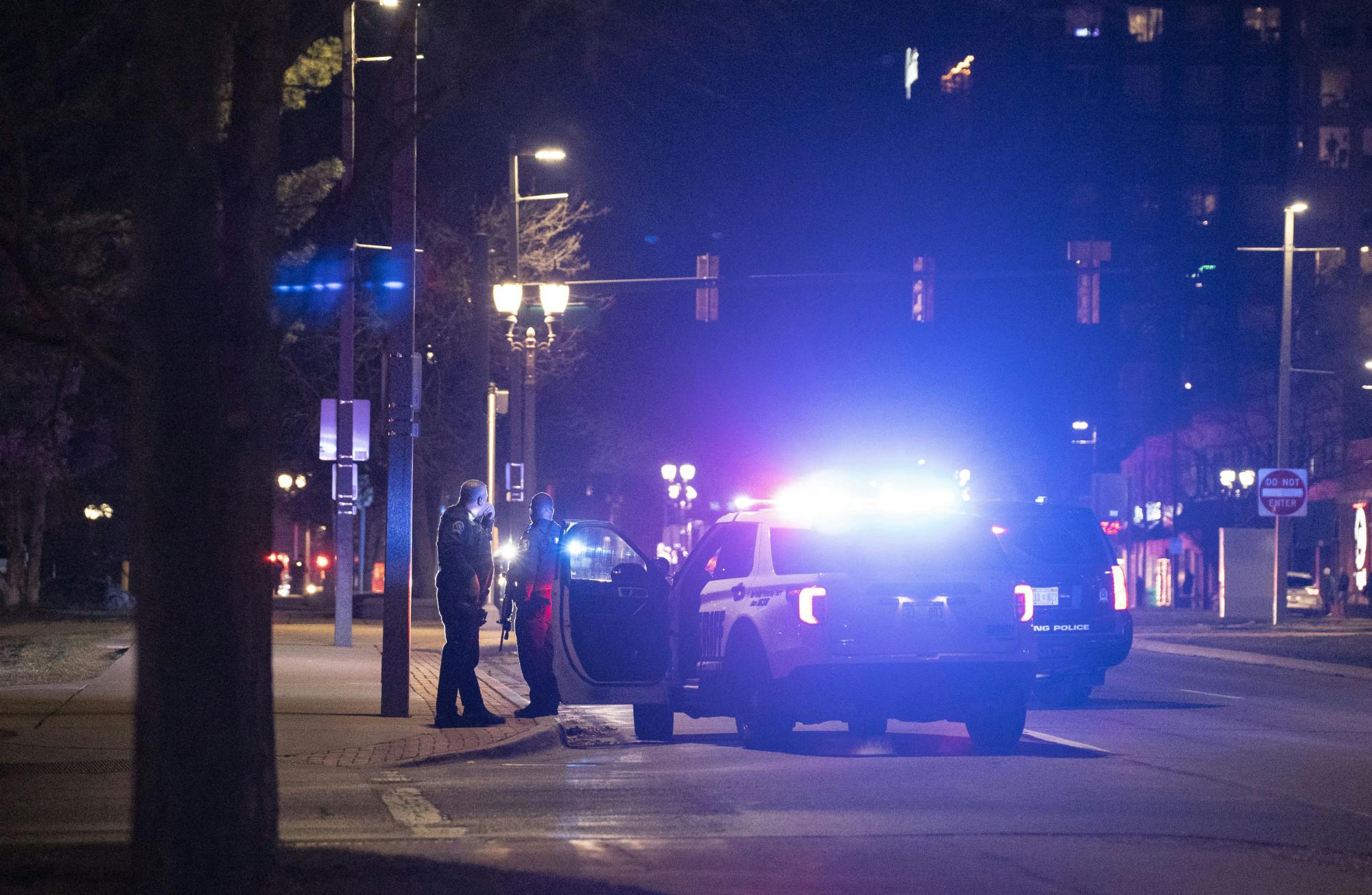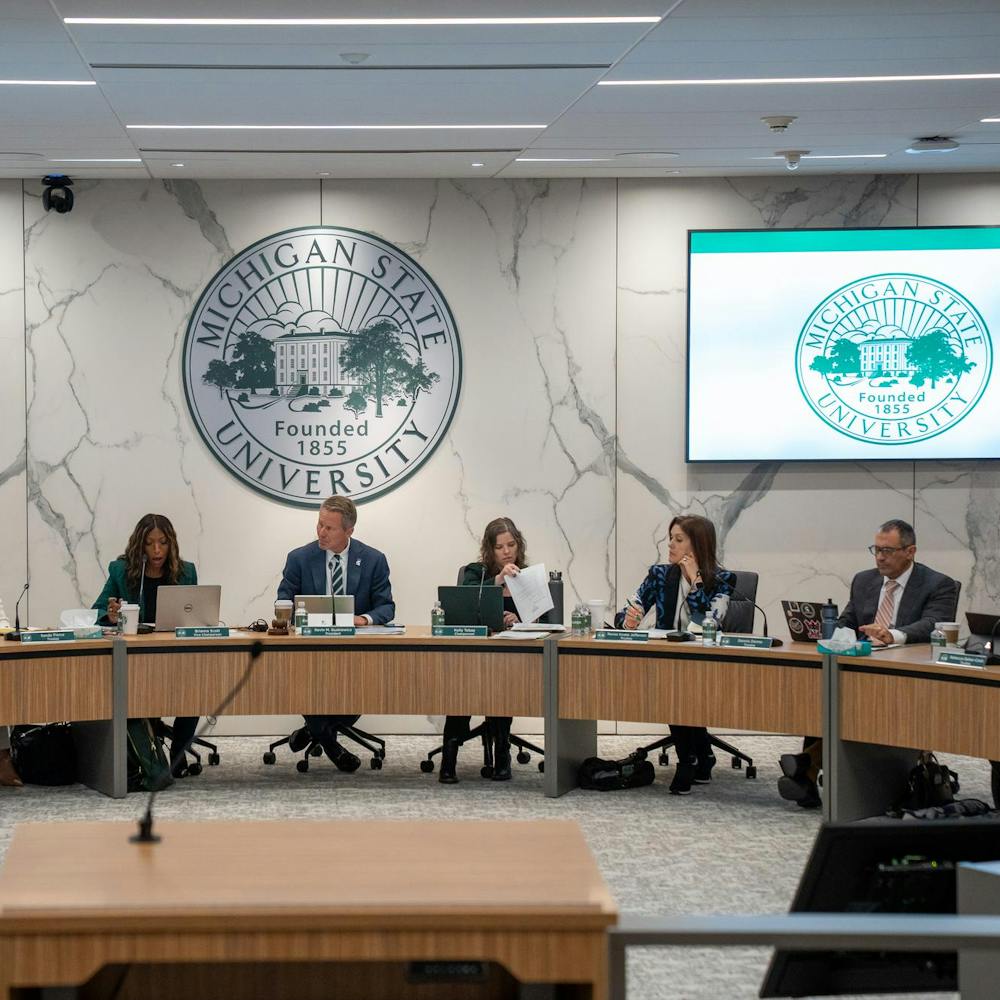Experts of gun violence and child psychology say that modeled violence, sensitivity to rejection, and unhealthy externalization of social frustrations during childhood are factors that can to lead men being the most common perpetrators of gun violence.
Davido Dupree, an assistant professor of psychology at the Community College of Philadelphia, said that children and adolescents learn their coping mechanisms from behaviors they observe.
“We can learn new behaviors because we see it and store it,” Dupree said.
Young boys and girls tend to process social difficulties differently. Expert in criminology and mass violence Sarah Daly said while elementary-aged girls learn to internalize rejection from friend groups as an issue with themselves, boys may interpret the rejection as an issue with the friend group rejecting them.
This sensitivity to rejection grows as an individual watches it continue to happen, Dupree said. The child’s brain will adapt to these experiences and begin over-anticipating the threat of rejection to the point that their brain sees situations as rejection that aren’t.
“We’re more likely to internalize what we experience unless we have other people who help make meaning of what’s going on,” Dupree said.
Bearing witness to domestic abuse in the home, Dupree said, could serve as a model of how to deal with conflict. Though this anger may lay dormant for years, it can show up later in life being used as a form of conflict resolution pulled from a "toolbox" of coping mechanisms.
This violent coping mechanism can be externalized when the person becomes confronted with who can be blamed for their being socially outcasted, Daly said.
Daly said a common mindset amongst perpetrators of mass violence is that the issue of their exclusion is a systemic failure for which everyone needs to pay, especially if the perpetrator felt socially outcasted by the school they attended.
“It’s not just that individual people were mean to them, it’s that nobody else protected them,” Daly said.
There is a "fork in the road" for children and adolescents to internalize or externalize their social pain, Daly said. In the case that they also resort to violence or aggression as their primary coping strategy, that is when domestic abuse and mass shootings occur.
Dr. Patrick Carter, co-director of the Firearm Injury Prevention Institute at the University of Michigan said when young boys are socialized, or taught to behave, in a culture that stereotypes men as being stronger than their feelings and therefore not needing to learn how to manage them, then these concealed emotions can manifest as anger and outward violence.
Dupree also mentioned that racial stereotypes can develop the factors that cause people to resort to violence.
Dupree said throughout a Black child’s development, there are implicit cues about what role they fit into in society. These cues, he said, are typically negative and discouraging, leading them to have a more damaging effect on a Black person’s mental health.
“African Americans have to actively seek out positive mental health,” Dupree said. “We’re not as good at making meaning of our experiences when we’re younger as we ultimately will be.”
Dupree said internalizing these negative racial stereotypes makes Black people psychologically vulnerable, especially when they are trying to process calamity in their environment.
Common racial stereotypes might tell a Black child that they are undervalued, Dupree said. That coupled with social isolation and witnessing violence or aggression may lead to an expression of violence from that person.
“America is one of the places with a history of violence and it’s even glamorized and rewarded in ways that have an effect on us that we’re not fully aware of,” Dupree said.
Dupree said although this is one chain of events that may lead to mass violence, there’s no monolithic Black identity and racial trauma manifests itself differently in each person affected by it.
Carter said that it’s important to recognize the number of people who own guns safely without perpetrating violence and how they can be part of the conversation to implement ‘upstream’ measures to prevent mass gun violence.
Support student media!
Please consider donating to The State News and help fund the future of journalism.
Carter said these measures include addressing the environmental and developmental circumstances that create a violent impulse.
Carter said he recommends programs to address a spectrum of issues, starting with individuals who are exposed to and engaged in violent behaviors and providing them with positive mentors who can teach them how to navigate those challenges in a healthy way.
Next, Carter said it is important to implement mentorship programs to help children develop resilience to external stressors without resulting in violence.
Carter also advocates for community-level interventions that can address economic disinvestments, systemic racism and combat negative stereotypes that put Black children in a disproportionately disadvantaged situation.
All of these approaches are necessary alongside ‘downstream’ approaches of gun control policy according to Carter. These measures include extreme risk protection orders, safe gun storage laws and universal background checks, all of which have been introduced in the Michigan Legislature since the beginning of the current legislative session.
Carter said that impulsivity in moments of crisis is what leads to firearms or other weapons being used to hurt or harm others. Policies like safe storage laws decrease the amount of availability of firearms in an impulsive moment and increase the amount of time for intervention by an outsider.
Discussion
Share and discuss “Experts discuss factors that cause men to be most common perpetrators of mass violence” on social media.







